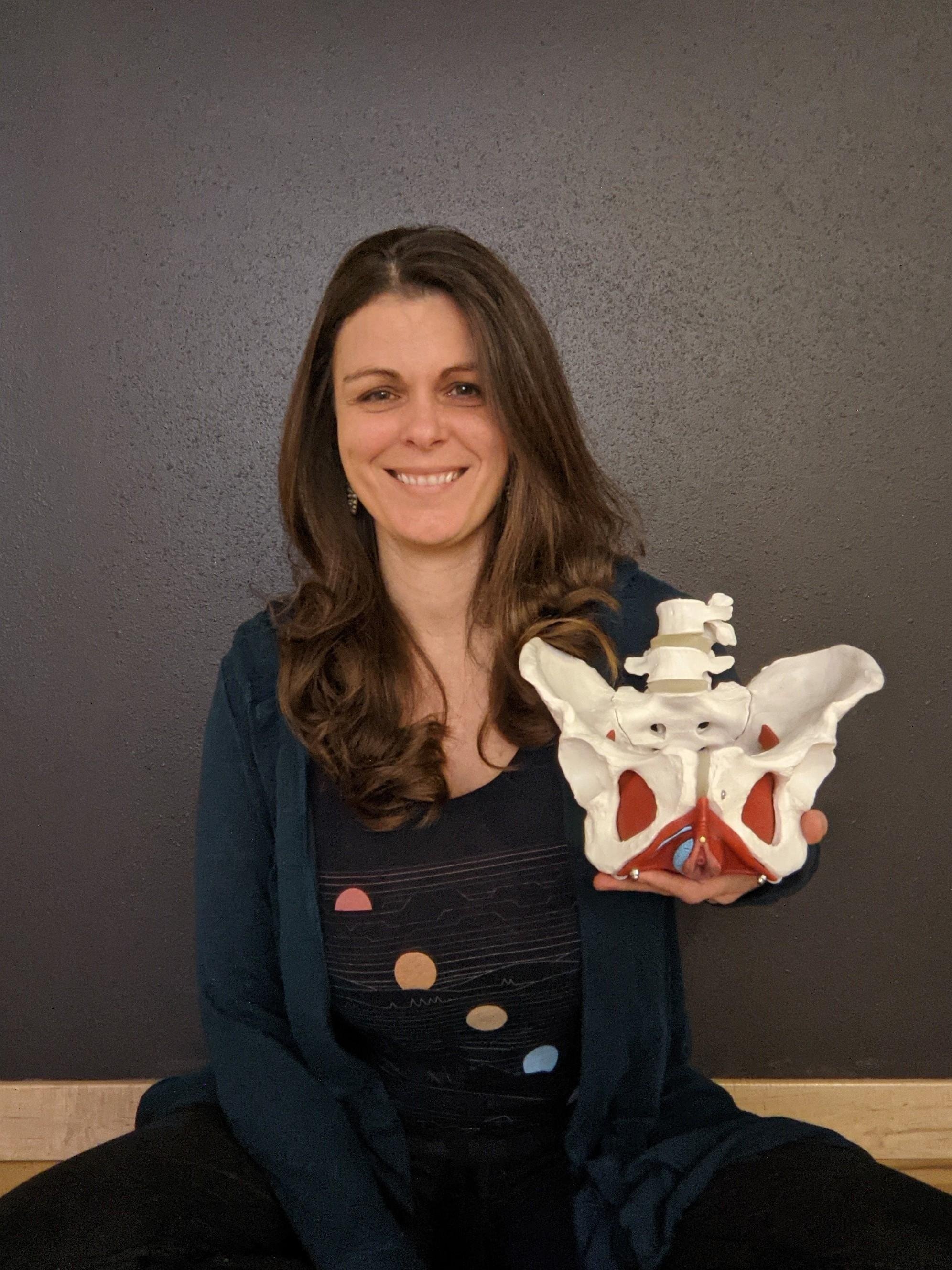How therapy can help after a miscarriage
/It is estimated that 1 in 4 women will have a miscarriage. You may be feeling like if it is so common that you “should” be able to deal with it on your own or that it will not impact you or maybe even that it isn’t a big deal. For most people it is a big deal and it can be pretty hard to cope with.
Statistics suggest that 30-50% of women experience anxiety and 10-15 percent experience depression up to 4 months following a loss according to FIGO.
NIHR discusses a study that found 1 in 3 women show signs of PTSD after a miscarriage.
So why is this important? We know that the mental health of the mother can greatly impact the child even in pregnancy. Their are many studies that discuss the impact of the mental well being of the mom in pregnancy and the long term impact it may have on the child’s physical, emotional and cognitive development. Many women will become pregnant again soon after a miscarriage but long before anxiety and/or depression symptoms have subsided. While it is common to think getting pregnant again after a loss will decrease anxiety it often does not. Seeking therapy after a miscarriage can impact your ability to cope and decrease anxiety/depression in subsequent pregnancy.
How can therapy help?
Normalize- Many of the feelings you may be feeling are common for those that have had a miscarriage. Knowing that your feelings are okay and that there are ways to cope. Knowing that it is hard to have a miscarriage, that women do seek therapy and sometimes medication after a loss and that most people do not just “get over it”, even if it is common.
Validate- I am just going to say it- people are sooo uncomfortable with grief. You may be finding it really hard to express your feelings with family and friends. This can be even harder with a pregnancy loss that it can be when losing a friend or a grandparent. Often the people in your life may have not had an attachment or even known about the pregnancy before. It can be hard for people to relate to what we call an ambiguous loss. It can be really healing to have your feelings acknowledged and validated.
Help you to identify healthy ways to cope with grief- Unfortunately trying again or gods willing it or at least you know you can get pregnant are not the kind of healthy ways you need to deal with grief. But, acknowledging your feelings, finding support, creating a container for your grief, nurturing yourself, honoring your loss, making meaning and acceptance can be.
Set boundaries and ask for what you need in relationship- If you are in a relationship you probably are already starting to realize that you are your partner are grieving this differently. This also applies to family members that may need a gentle reminder on what you need to feel supported or the acknowledgement that this person in your life might not have the ability to support you through this for whatever reason and ouch can that really hurt.
Understand the grief and trauma around pregnancy loss- Understanding a framework for grief and what you have or might experience can help. Looking at your loss and understanding the trauma that can be experienced can also be really helpful in understanding how it has impacted you and what makes it difficult to process. Working with those triggers, increasing your window of tolerance and helping you to feel more regulated can make a difference.
If you still aren’t sure..find out more or schedule a free 15 minute consult here with a therapist Madison.











